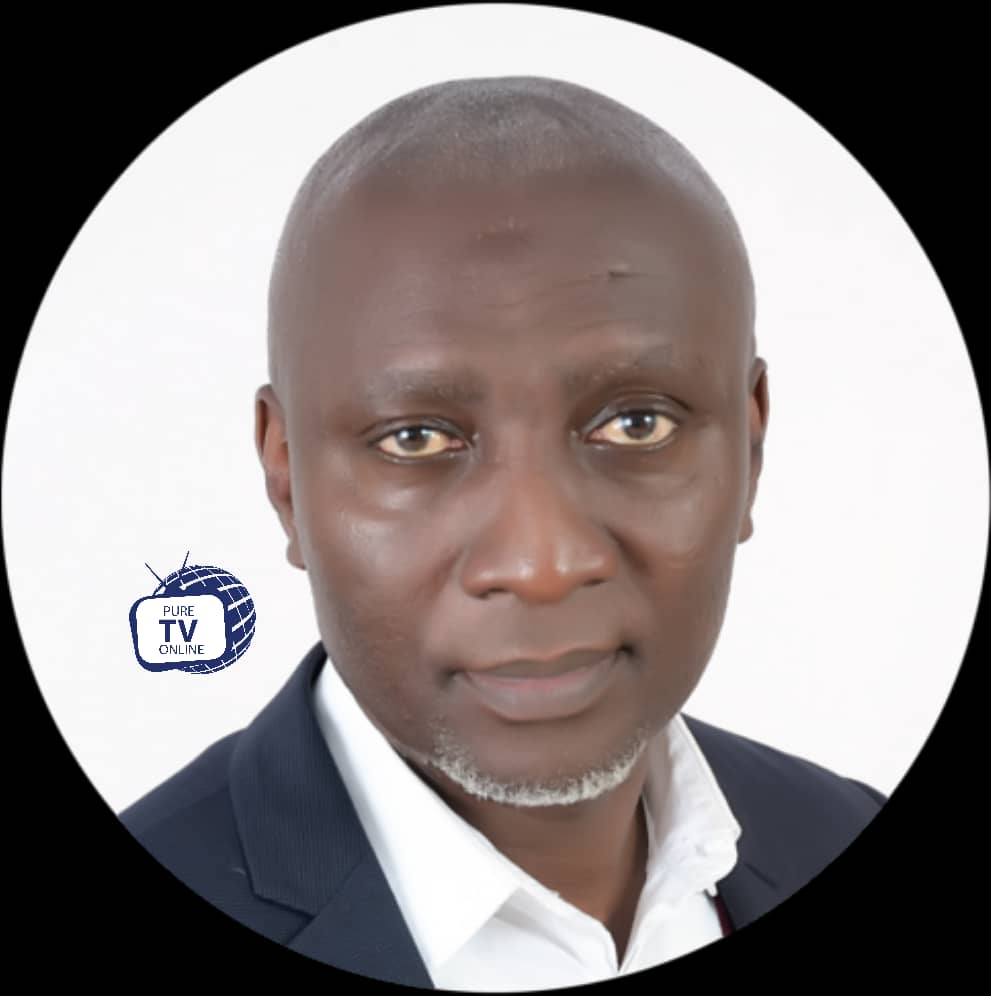adverts
International expert Farouk Al-Wahab has sparked controversy by labelling Ghana as the “most confused country on the continent of Africa” with regard to its historical narrative.
His comments come in the wake of President Akufo-Addo’s recent address on Founders’ Day, where the president rejected the notion that Ghana was founded by a single individual, specifically Dr. Kwame Nkrumah.
Al-Wahab, speaking in a phone interview with Accra-based Hot FM, questioned Ghana’s self-proclaimed status as the “Gateway of Africa,” asserting that the country lacks a coherent and universally accepted historical account.
adverts
“Ghana claims to be the ‘Gateway of Africa’ but has no clear history and does not know the status of what the country’s history is about,” Al-Wahab remarked. He criticised the country’s politicians for their inconsistent narratives, which he believes are heavily influenced by political ideologies rather than factual history.
President Akufo-Addo, in his Founders’ Day address on August 3, emphasised the collective efforts of various individuals in Ghana’s struggle for independence. He acknowledged Nkrumah’s significant contribution but firmly rejected the idea that Nkrumah single-handedly founded Ghana.
Farouk Al-Wahab’s statements highlight the ongoing debate about Ghana’s historical narrative. He pointed out that while Ghana has had 13 heads of state, it continues to struggle with the foundational question of who truly founded the nation. “This is sad,” he commented, drawing comparisons with other African nations like Namibia, Mozambique, and Kenya, which he claims have clearer and more accurate historical accounts.
He attributed Ghana’s historical confusion to the political opposition that existed from the very first day of independence. “Ghana had opposition from day one of independence, and that is the root cause of historical distortions,” Al-Wahab stated, arguing that this persistent opposition has muddled the nation’s historical record.
Al-Wahab emphasised that the first post-independence president should be recognised as the founder of the country, a point he believes should not be up for debate. He noted exceptions for countries where political parties, like Mozambique’s FRELIMO led by Samora Machel, were instrumental in achieving independence through collective organisational efforts.
As Ghana continues to grapple with its historical identity, Al-Wahab’s critique adds to the dialogue about how the country should approach its past and recognise the contributions of all who played roles in its journey to independence. His comments have undoubtedly stirred discussions about the need for a more unified and accurate portrayal of Ghana’s history.
Listen to Farouk Al-Wahab full interview:


